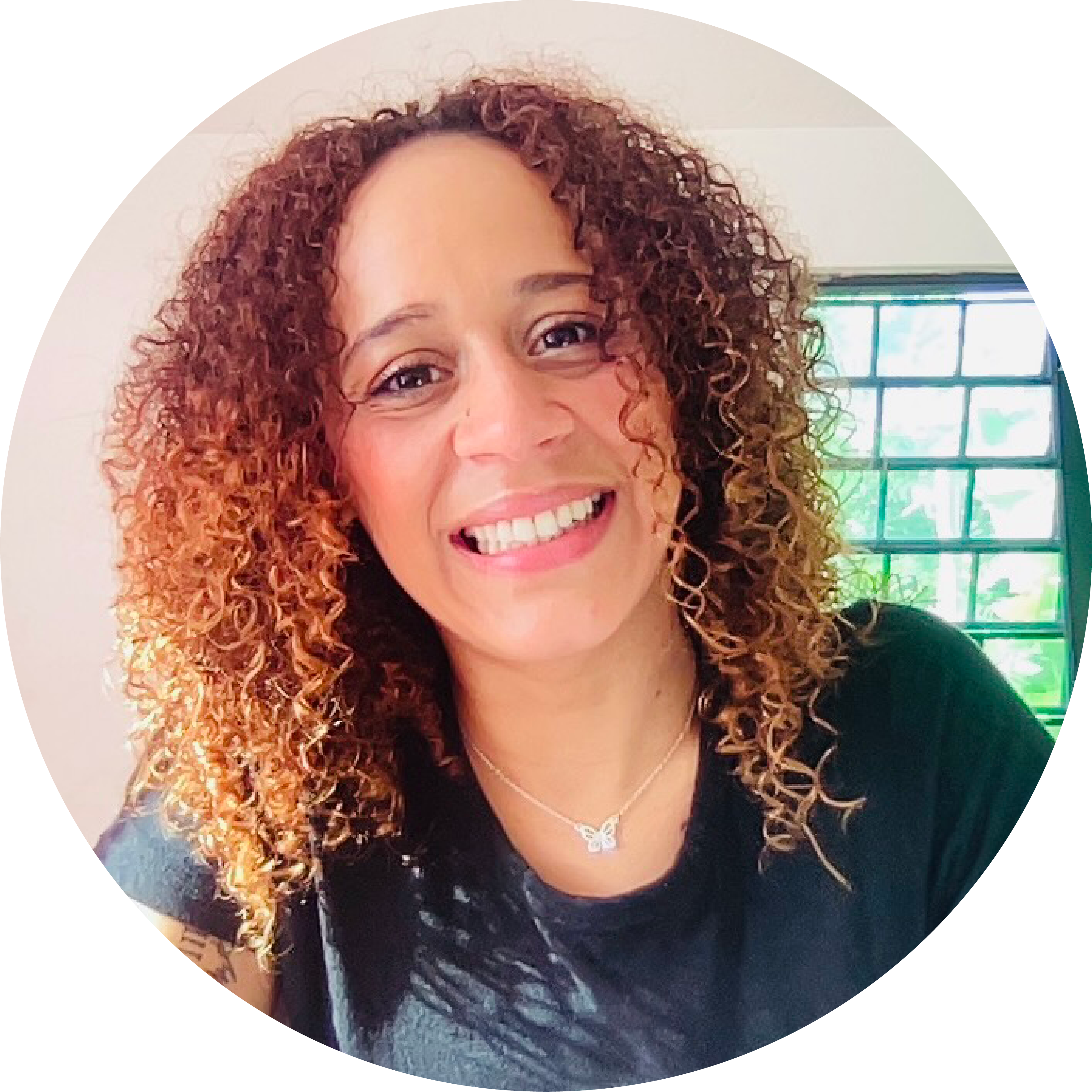Introduction
Soft skills are general skills that apply to many different jobs and or situations. These skills have to do with the way you approach a task or a situation. Often, they are personal attributes that help employees and leaders succeed in their place of work. You may also hear these referred to as human capabilities or transferable skills. Some are also called interpersonal or people skills.
Soft Skills Include:
- Adaptability
- Communication
- Compromise
- Creative thinking
- Dependability
- Leadership
- Listening
- Work ethic
- Teamwork
- Positivity
- Time management
- Motivation
- Problem-solving
- Critical thinking
- Conflict resolution
- Negotiation
Unlike hard skills, these skills aren’t technical. They’re typically more difficult to express. Often, the way they show up is related to a person’s personality traits.
For example, proficiency in a foreign language is a hard skill — you have to know the vocabulary, grammar, and how to structure statements and questions in that language.

A person may know several languages and yes they may not be an effective communicator. Communication skills, on the other hand, are a soft skill. You have to have an idea, tell a story, and understand what your audience needs to know and how they will receive it in order to be an effective communicator regardless of the language you’re speaking. People who are good at communicating can apply those skills across many formats and languages.
Soft skills are necessary to:
- Develop as a leader and develop others
- Manage and lead projects
- Keep an effective and productive workplace
- Collaborate and develop teamwork
- Drive and sustain innovation
- Experience career success
Why are soft skills so important in the workplace?
Most soft skills are natural and we are all technically born with the capability to perform them. That does not mean, however, that we are all good at performing them or that we cannot further develop these skills. Even though soft skills are natural, we can all continue to develop them over time, given the right experiences and environment.
According to the LinkedIn Global Talents Trends Report:
- 91% of talent professionals think soft skills are crucial for the future of recruiting and HR.
- 80% say these skills are increasingly important to their company’s success.
- 92% say that these skills matter as much or more than hard skills when hiring.
- 89% say that bad hires typically lack these skills.
While we all may need specific hard skills to perform the basics of our jobs, we will also need to utilize our soft skills in order to solve difficult problems, interact with others, and adapt to change.
Conclusion
Hard skills are important. But as an SDR, soft skills are really what makes the difference. Being adaptable, thinking creatively, and staying motivated are all best practices of the best SDRs.
Come to work every day ready to focus on sharpening your hard and your soft skills and see how quickly your results change!

Zuri Borges
Billing Coordinator & HR Support | Alleyoop
Zuri handles all things billing and supports our HR department. A big part of Zuri’s job is communicating with and advising our teams. We all rely on her support and encouragement on a daily basis.



